Learn to be a steward of the land this fall with the University of Maryland Extension’s General Forestry Course. The online course features full-color photos and graphics and will run from August 26 through December 9, 2024. Registration is now open, and interested participants can register online at extension.umd.edu/forestry-course.
This is a non-credit course with no formal classes ‒ work from the comfort of your home using your own woodlot, a friend’s, or a public forest. The course covers ways to protect your trees from insects, diseases, and fire; how to, step by step, create a forest inventory and a stand analysis; and covers the details of the forestry business, including tax nuances and the sale and harvest of forest products. Ultimately, the course exercises help you develop the framework for a stewardship plan for your forest.
The cost for this forestry course is $150.00. Included in the cost are copies of the supplemental readings: A Sand County Almanac, The Woodland Steward, American Forests: A History of Resiliency and Recovery, a small pamphlet entitled “What Tree Is That?” and Common Native Trees of Virginia Tree Identification Guide. Users receive a flash drive of the paper version of the text and appendices. A certificate of completion is awarded when all assignments are completed.
To learn more about the course and what it entails, go to extension.umd.edu/forestry-course. There you can read lessons from the text, preview an exercise, read through detailed course information, and more.
For more information, contact Andrew Kling at the University of Maryland Extension Western Maryland Research & Education Center at 301-226-7564, or via email at [email protected].
The University of Maryland Extension programs are open to any person and will not discriminate against anyone because of race, age, sex, color, sexual orientation, physical or mental disability, religion, ancestry, national origin, marital status, genetic information, political affiliation, and gender identity or expression.
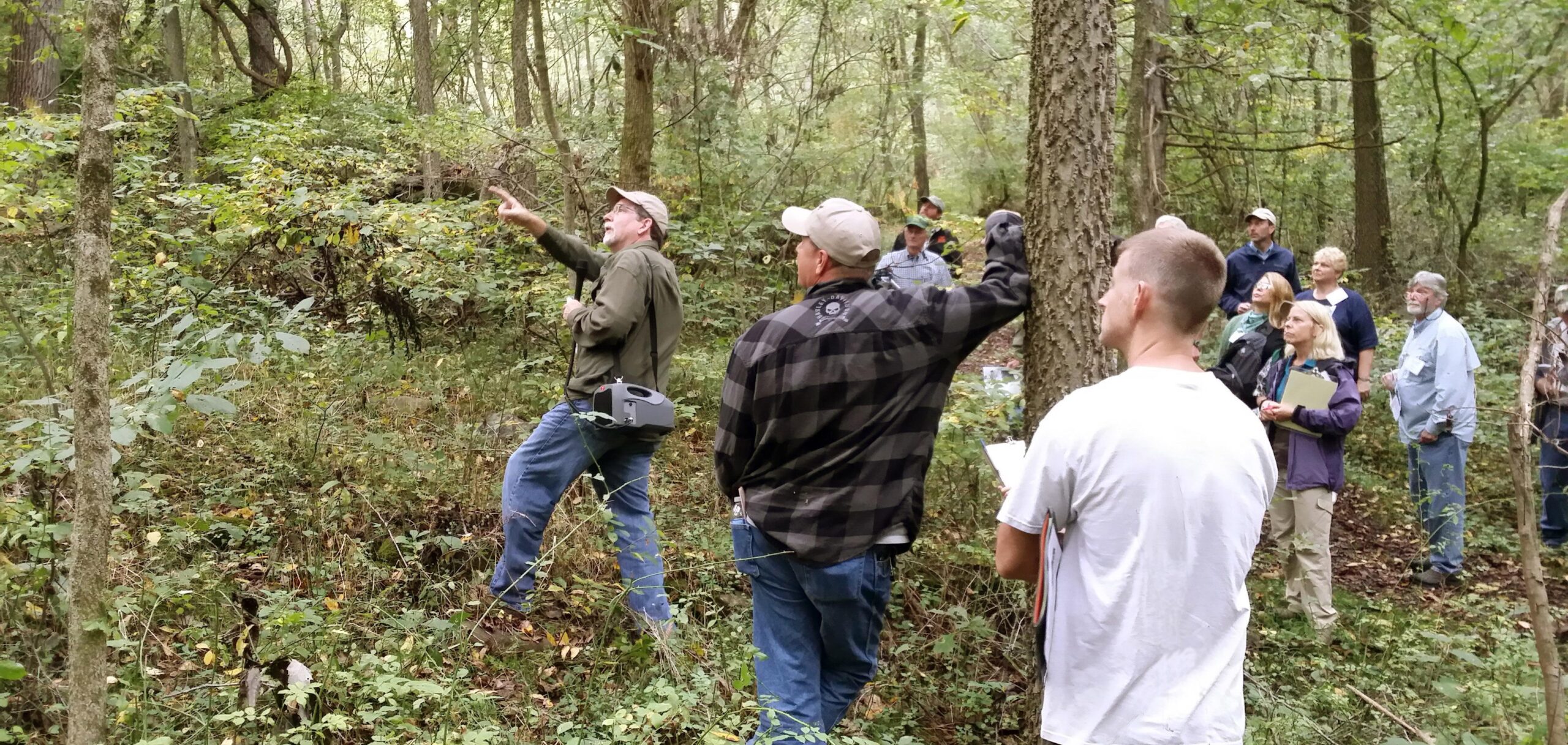


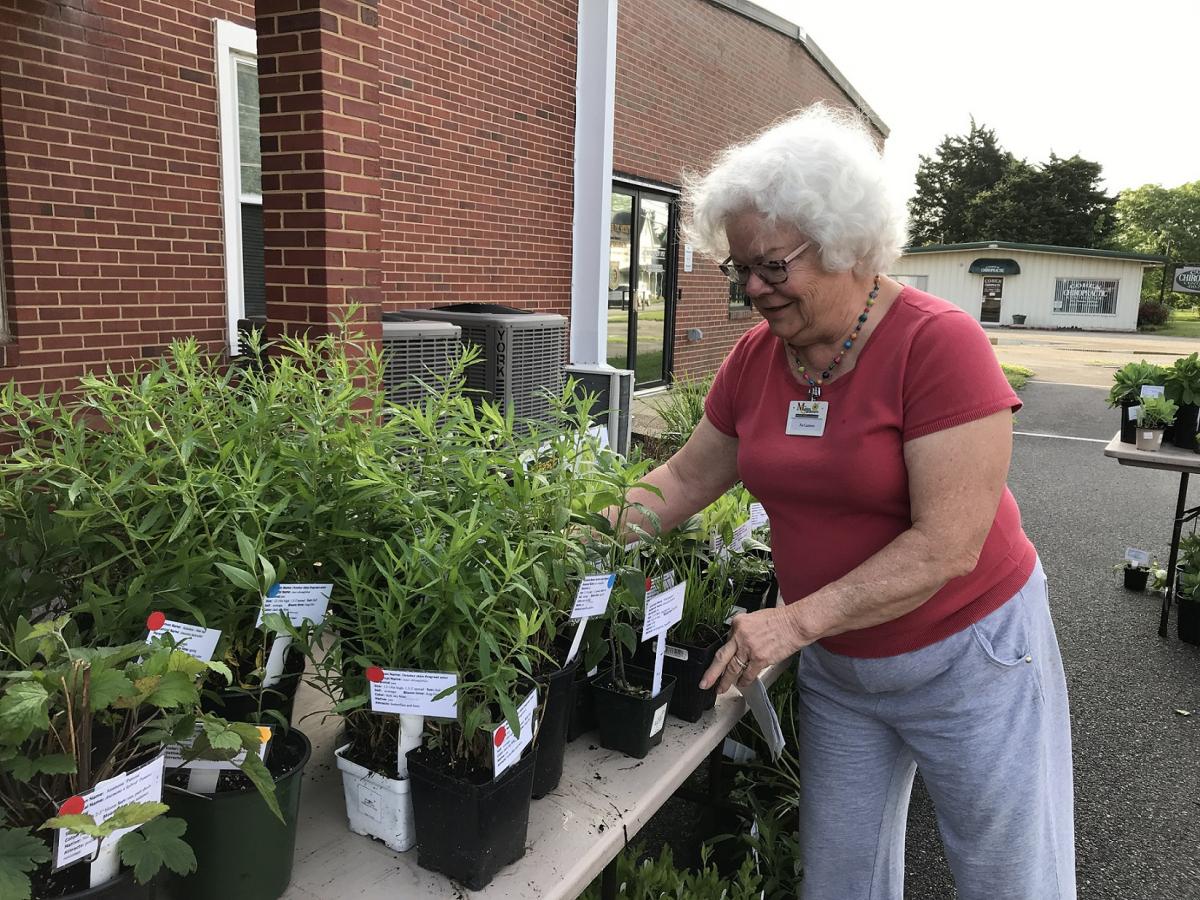
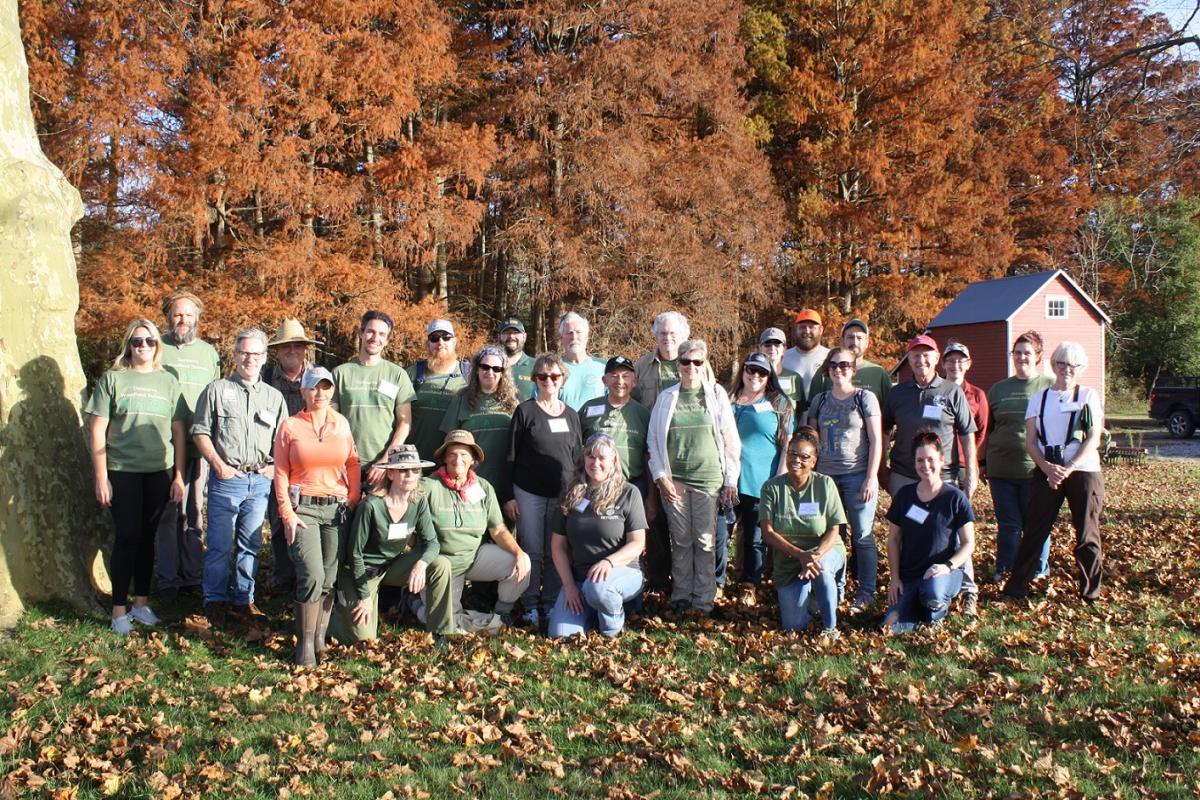
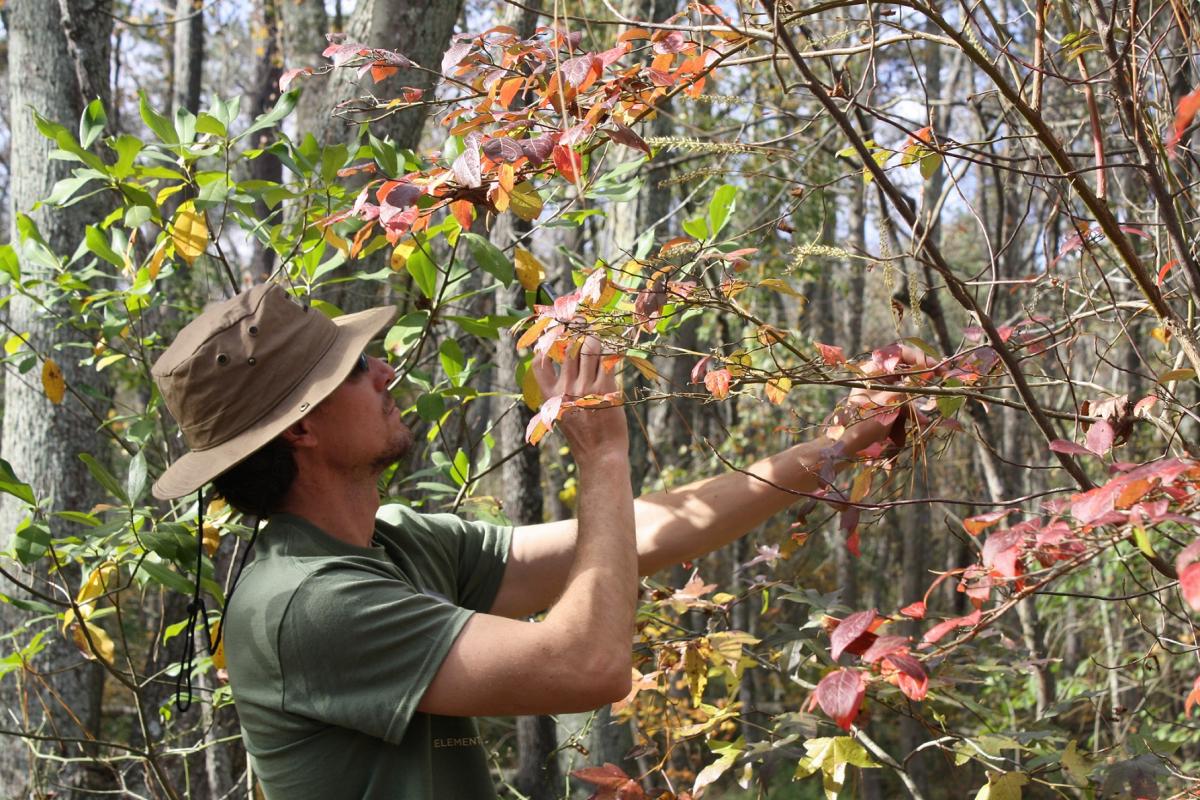
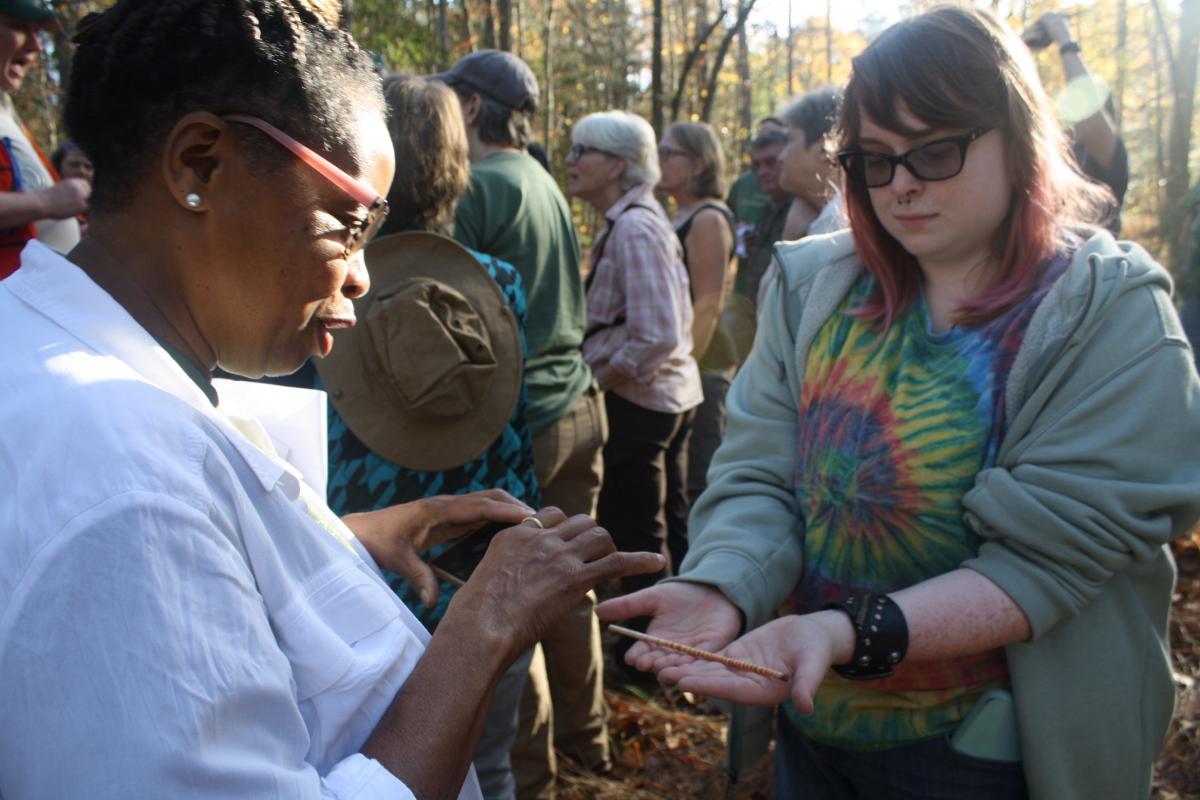
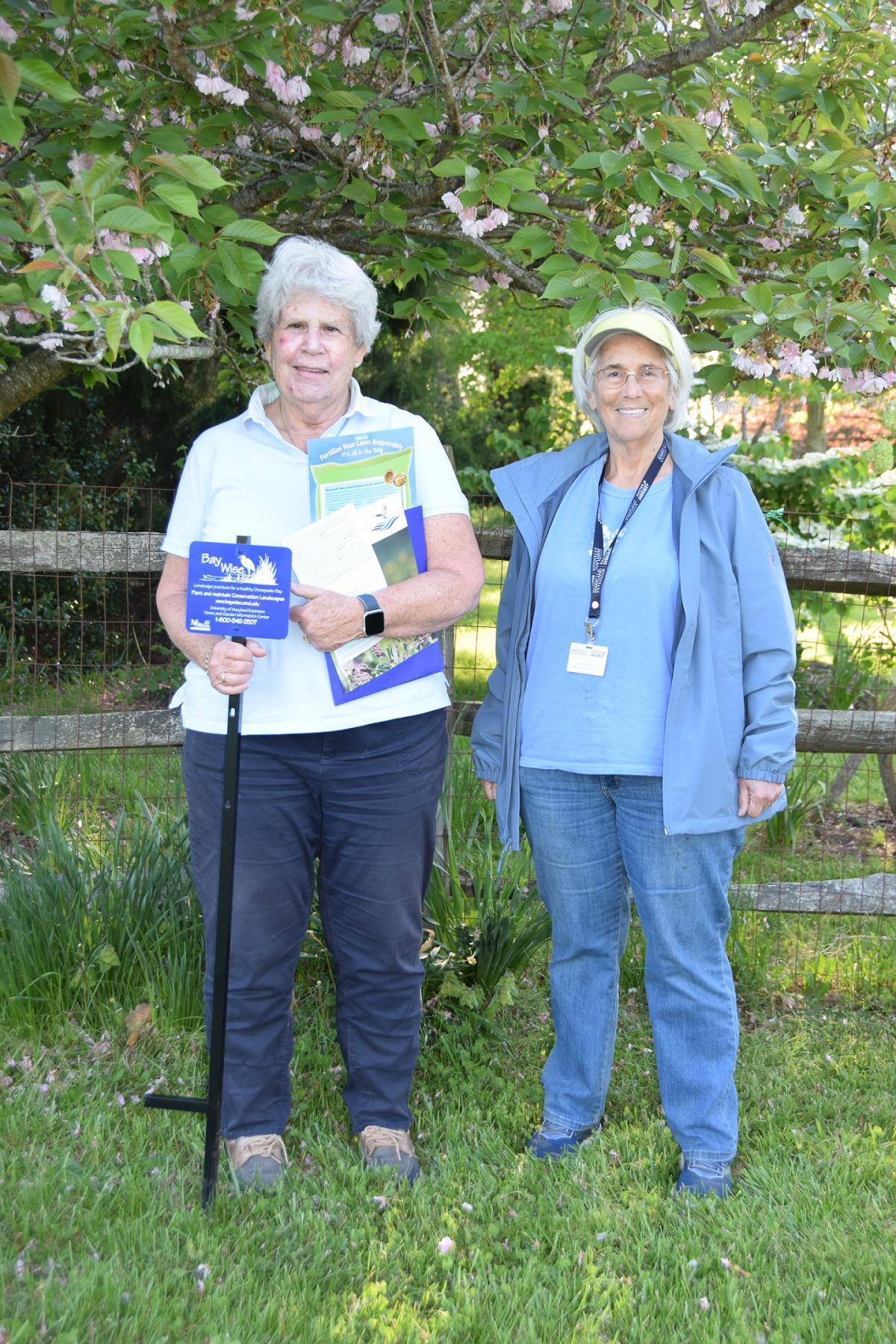
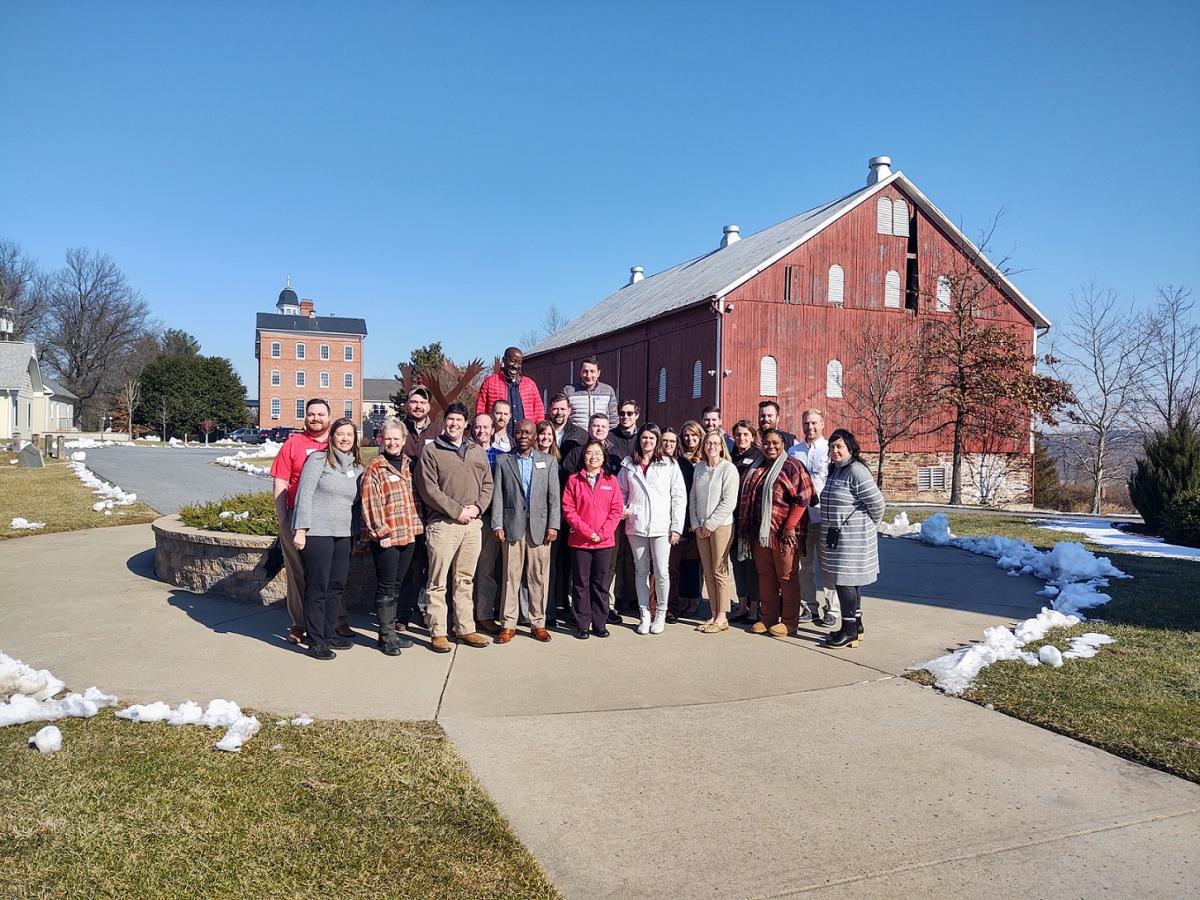 During the two year term of the Fellowship, the class will participate in a series of nine multi-day seminars and an international study experience, focused on affecting public policy, identifying resources, engaging and educating others, and becoming leaders within their communities, in rural Maryland, and within the agriculture industry.
During the two year term of the Fellowship, the class will participate in a series of nine multi-day seminars and an international study experience, focused on affecting public policy, identifying resources, engaging and educating others, and becoming leaders within their communities, in rural Maryland, and within the agriculture industry.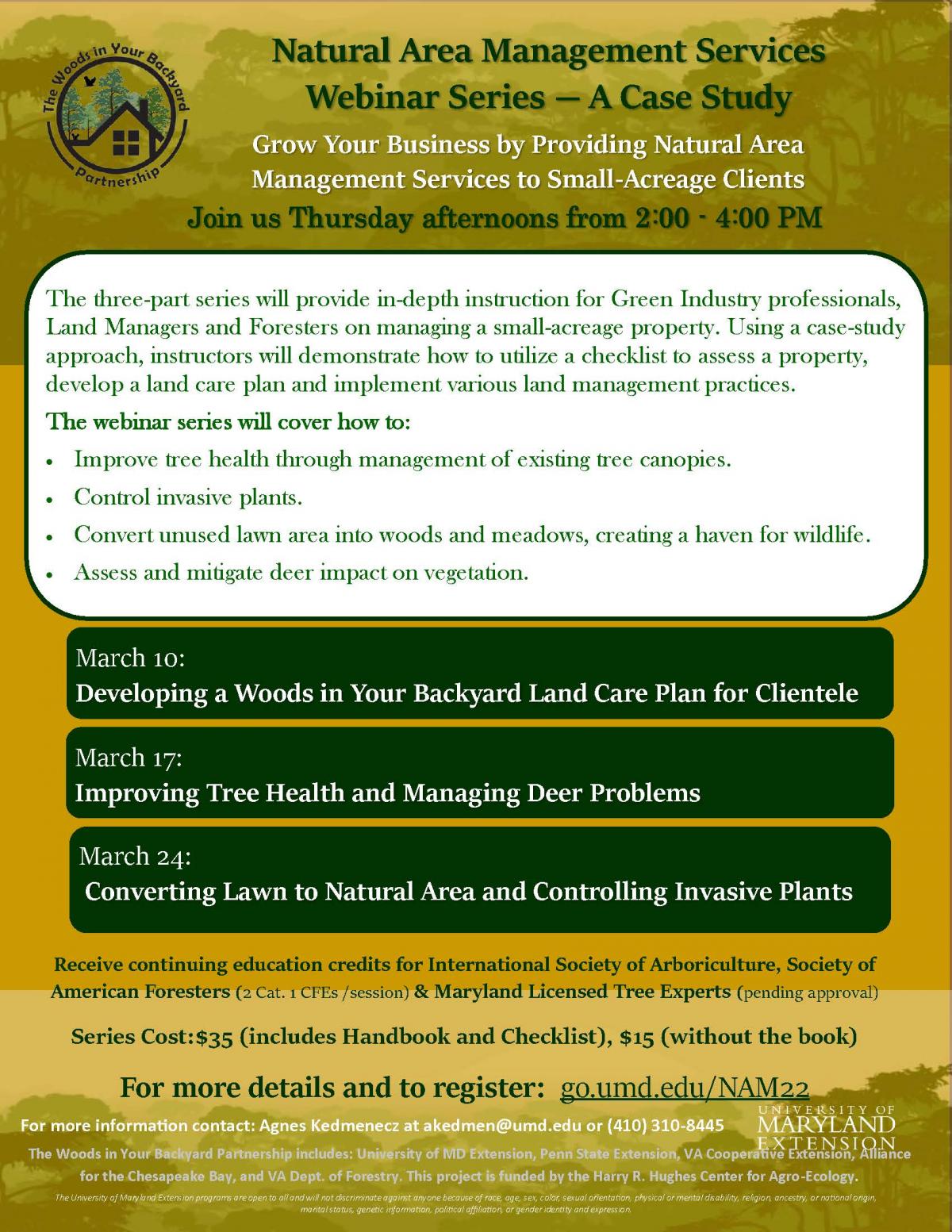 Green industry professionals looking to expand their services to include working in woodlands and meadows can benefit from a series of webinars on natural area management offered by the University of Maryland Extension.
Green industry professionals looking to expand their services to include working in woodlands and meadows can benefit from a series of webinars on natural area management offered by the University of Maryland Extension.